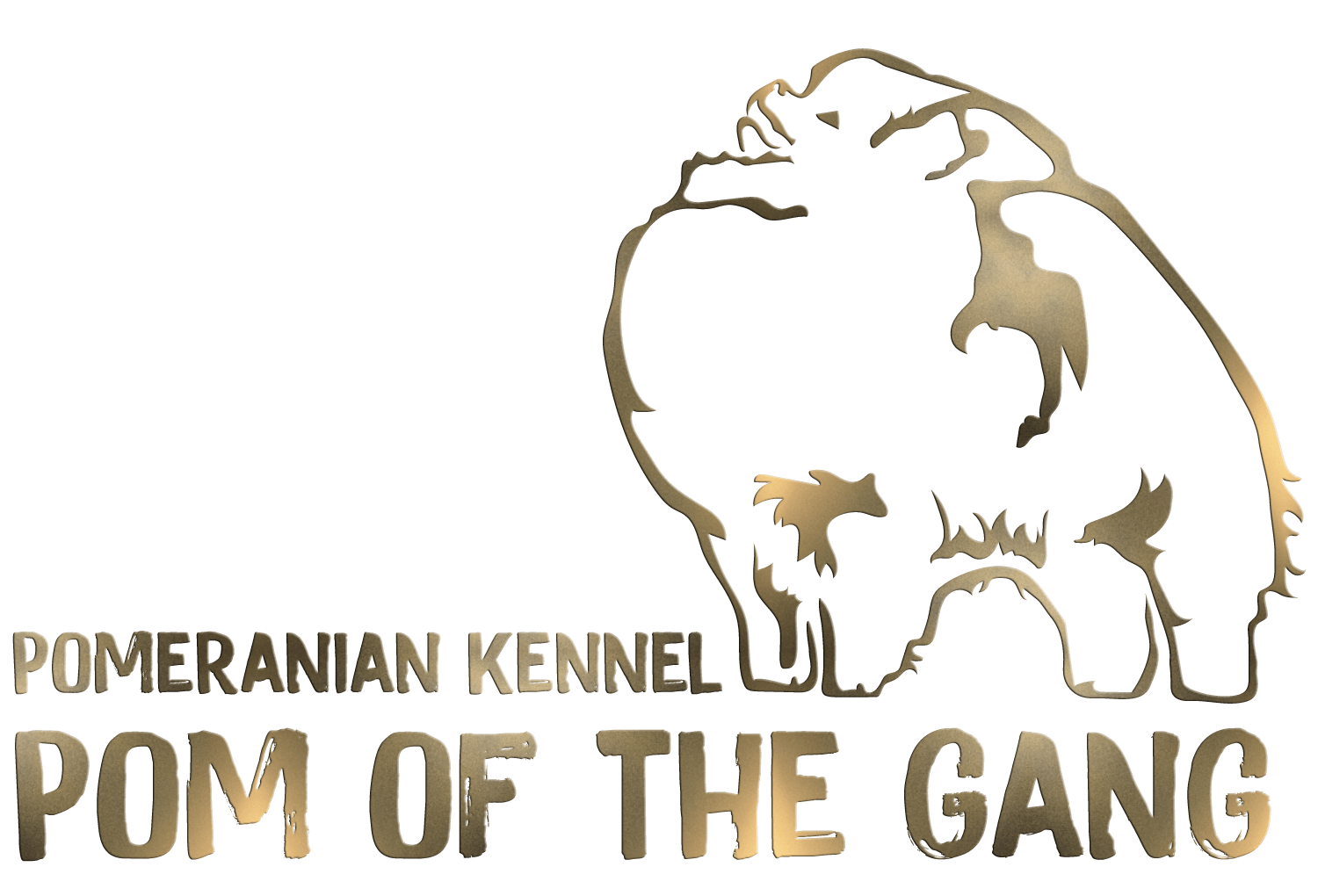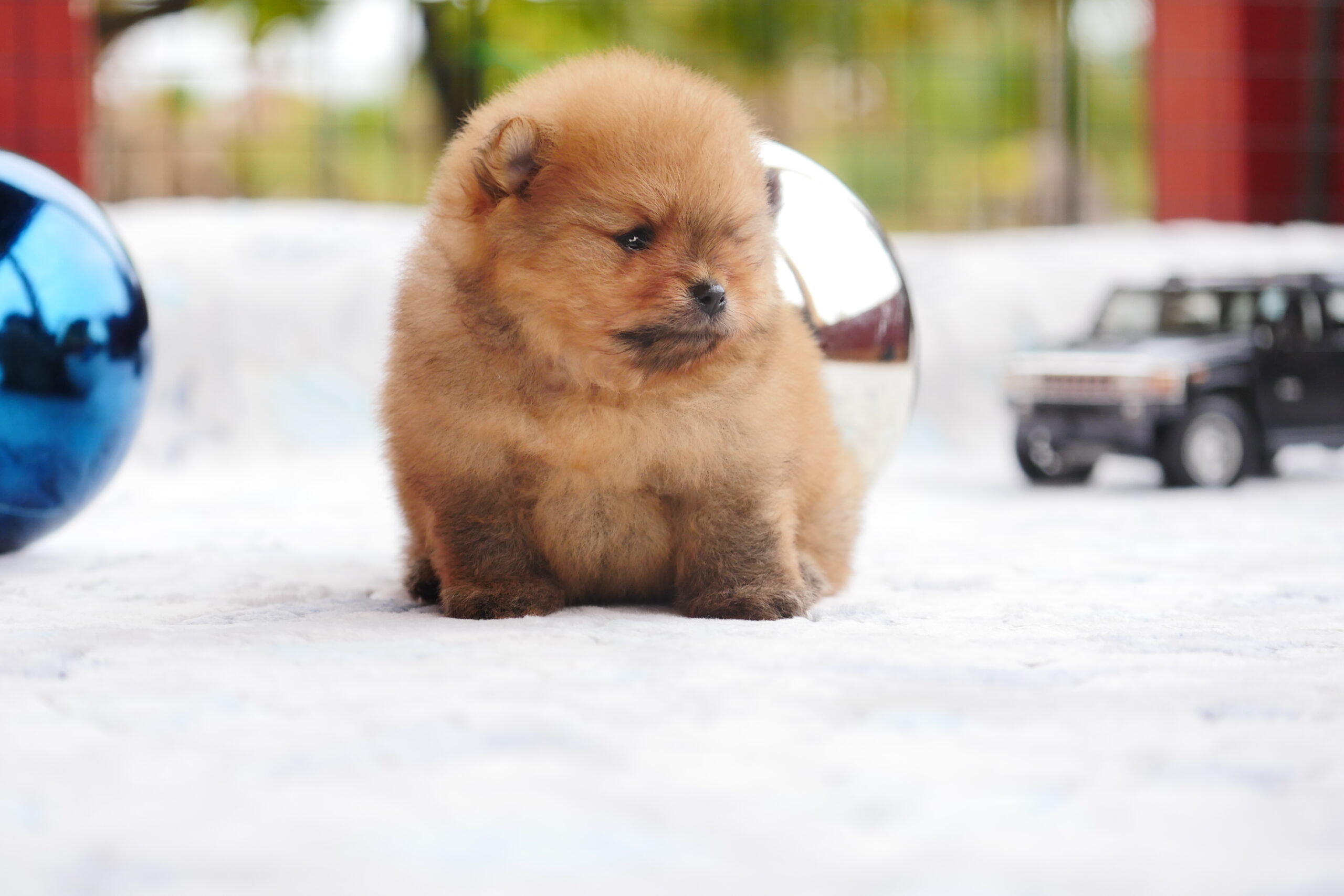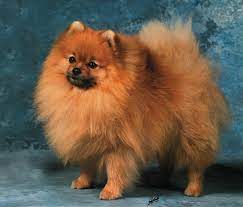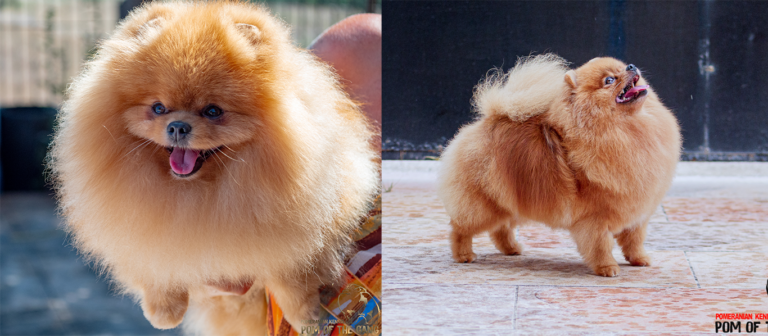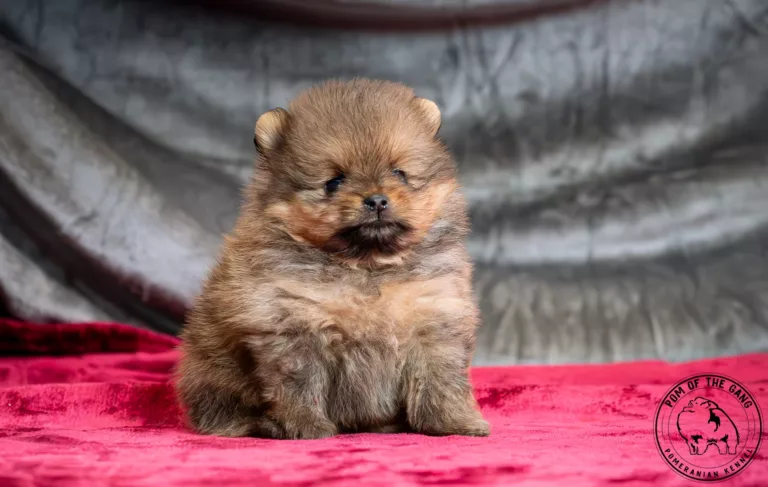Very attached to his master and overflowing with energy, the Pomeranian knows how to quickly conquer his place in the home. Resistant despite its small size, you still need to pay attention to certain points regarding your lifestyle and health so that it flourishes as best as possible.
Your lifestyle and diet
All Spitz dogs do not have the same expenditure requirements depending on their size, but they all have the common characteristic of the need for regular physical exercise. The Miniature Spitz or Pomeranian, in fact, can be content with a quieter life than larger dogs, and adapt to life in an apartment. However, he greatly enjoys walks with his master and is quite capable of covering a long distance without getting tired. Very sporty despite his size, he is lively and intelligent and constitutes a very good competitor in the canine sport of agility.
As with all dogs, the Pomeranian 's diet varies depending on its size, physical activity and age. For the puppy, it is advisable to give kibble as much as possible in order to avoid hypoglycemic attacks. Miniature Spitz dogs have a fast metabolism, they burn a lot of energy and therefore need to eat often, in small quantities. Their diet must be adapted to very small dogs, contain essential nutrients in appropriate quantities and the size of the kibble must be proportional to their small jaws.
His health
With a long life expectancy, between 12 and 16 years, and generally solid health, the Pomeranian does, however, have problems that are very specific to him. He is quite fragile at the joints. You must therefore be careful to ensure that he does not get injured. Specifically, he may experience patella instability that can lead to temporary knee dislocation or hip dysplasia. The Pomeranian Loulou is also sensitive in the eye area. Here are the diseases most often linked to the breed: Alopecia eyelashes. He may also be prone to allergies, suffer from cataracts or dental diseases.
Grooming the Pomeranian
Spitz grooming must be regular. The Pomeranian sheds moderately. Brushing once a week is enough if the hair is cut regularly and care must be taken to ensure that there are no knots in the undercoat. During shedding, it will need to be brushed daily to remove dead hairs. Grooming can be done at home or by a professional. The first time, it is advisable to go to a professional to observe where to cut the hair: equalizing the fur, clearing the anus and around the ears in order to obtain the famous teddy bear ears, and size of paw hair. In fact, you should never completely shear the Pomeranian because its coat provides a protective role against the sun's rays, but also against heat and cold. Don't hesitate to give him a bath once or twice a year with a suitable shampoo. Claws must be maintained periodically and teeth must be brushed two to three times a week to limit the risk of oral diseases.
The Spitz, and more particularly the puppy, can get small grass or other things stuck in its fine hair, which can cause watering. You must therefore regularly clean your eye area with physiological serum and a damp cloth, as well as your ears, in order to avoid infections.
In order to ensure your Pomeranian has a peaceful and balanced life, regular consultations with the veterinarian are therefore essential, as well as a healthy, quality diet and daily outings, all accompanied by a good dose of affection. .
Find our dwarf spitz on our FB page; https://www.facebook.com/SpitzDwarf. Pomeranian _
